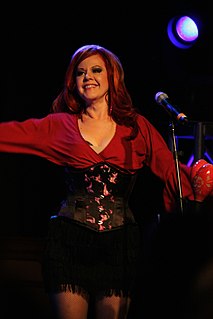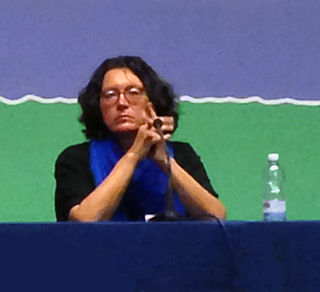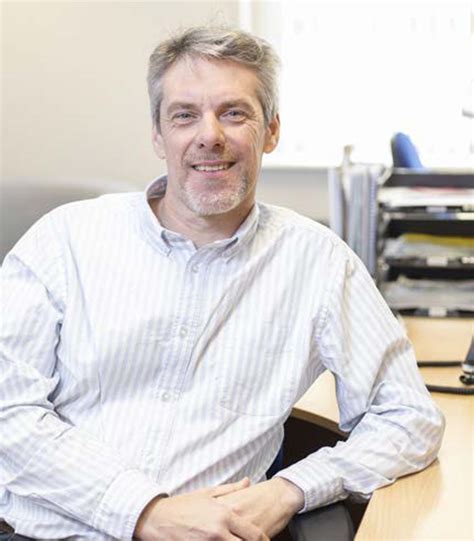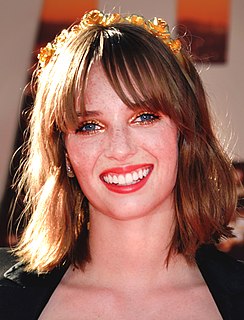A Quote by Corinne McLaughlin
Many activists just see what's wrong: they want to stand up to injustice and educate people about it. But I think it's equally important for activists to hold a more positive vision of what's right with their country: what's going well, and what they'd like to grow or see more of. I also like to encourage activists to take some time each day to sit silently or take a walk in nature as a way to be in touch with their inner wisdom and peace - and to remember why they are on this path in the first place.
Quote Topics
About
Activists
Also
Country
Day
Each
Each Day
Educate
Encourage
Equally
First
First Place
Going
Grow
Hold
Important
Injustice
Inner
Just
Like
Many
More
Nature
Path
Peace
People
Place
Positive
Remember
Right
See
Sit
Some
Stand
Stand Up
Take
Think
Time
Touch
Up
Vision
Walk
Want
Way
Well
Why
Wisdom
Wrong
Related Quotes
We need to reshape the movement as one of grassroots activists, and not 'professional activists' who populate the seemingly endless number of national animal rights groups. For many people, activism has become writing a check to a national group that is very pleased to have you leave it to them. Although it is important to give financial support to worthy efforts only, giving money is not enough and giving to the wrong groups can actually do more harm than good.
I feel that it's very important for young people to have a sense of history and do research and don't re-invent the wheel and don't think that you're the first martyr to discover social injustice but to take advantage of previous generations of activists and find out what they did and how they resolved things.
Yes, there's something dangerous about turning people into token social activists. I was thinking about this recently with our pop-culture feminism, when feminism is such a buzzword in the media now. We're covering it in a way that we haven't before, but also in a way that's way more surface level. And while I think that there's some danger in that, I also think it's a great gateway for some people.
If you look at the well-informed Democratic Sanders activists - I don't know if you were in Philadelphia, but there was no secret about their enthusiasm for our campaign. But once you got more remote from the super activists in the Bernie [Sanders] camp, they don't know so much about our campaign. And the question is whether they are going to have a chance to be informed.
The first thing we should be concerned about the BLM movement should be the issues that the Black Lives Matter movement is bringing forward. There's no fundamental platform being brought by activists in Oakland, Baltimore, or New Jersey. The main issues that you see, the commonality between activists all around the country, are trying to deal with the challenges in the criminal justice system, something that is very much central to my work. So my hope is that people stay focused on the urgency to create justice here at home.
It is time for us to take off our masks, to step out from behind our personas - whatever they might be: educators, activists, biologists, geologists, writers, farmers, ranchers, and bureaucrats - and admit we are lovers, engaged in an erotics of place. Loving the land. Honoring its mysteries. Acknowledging, embracing the spirit of place - there is nothing more legitimate and there is nothing more true. That is why we are here. That is why we do what we do. There is nothing intellectual about it. We love the land. It is a primal affair.
I don't think the government (of El Salvador) was responsible. The nuns were not just nuns; the nuns were political activists. We ought to be a little more clear-cut about this than we usually are. They were political activists on behalf of the Frente and somebody who is using violence to oppose the Frente killed them.
I turned 25. And I don't feel like... whatever, age is just a number. I still feel very young and excited about life and everything. For the first time ever I began to take a look at life and really value it, and realize that there are so many things that I want to do; travel, I want to see the world. I realized that I want to take more time for myself and take more time to see the world and spend time with friends. That sounds so basic but I never really realized that before.



































